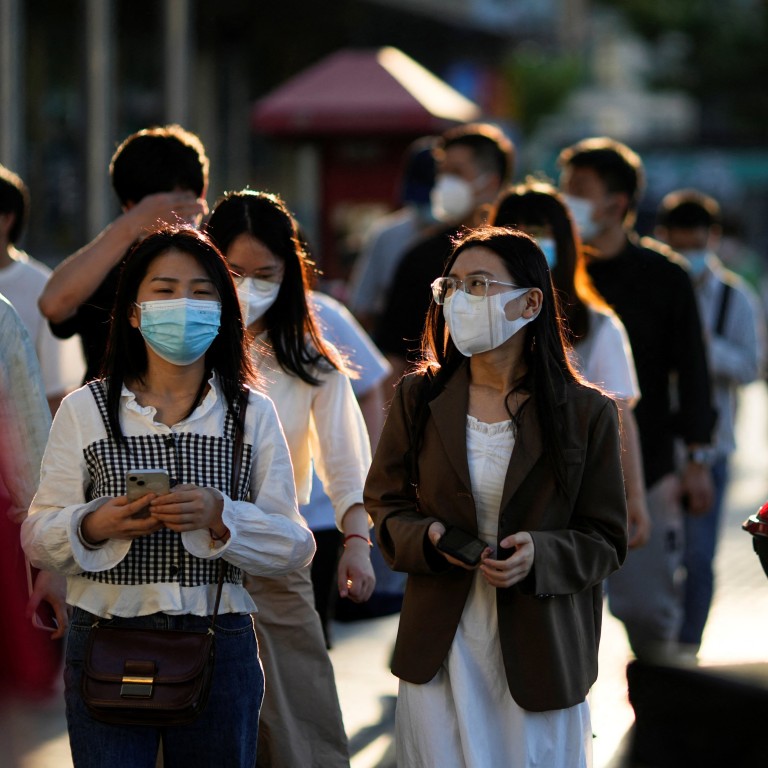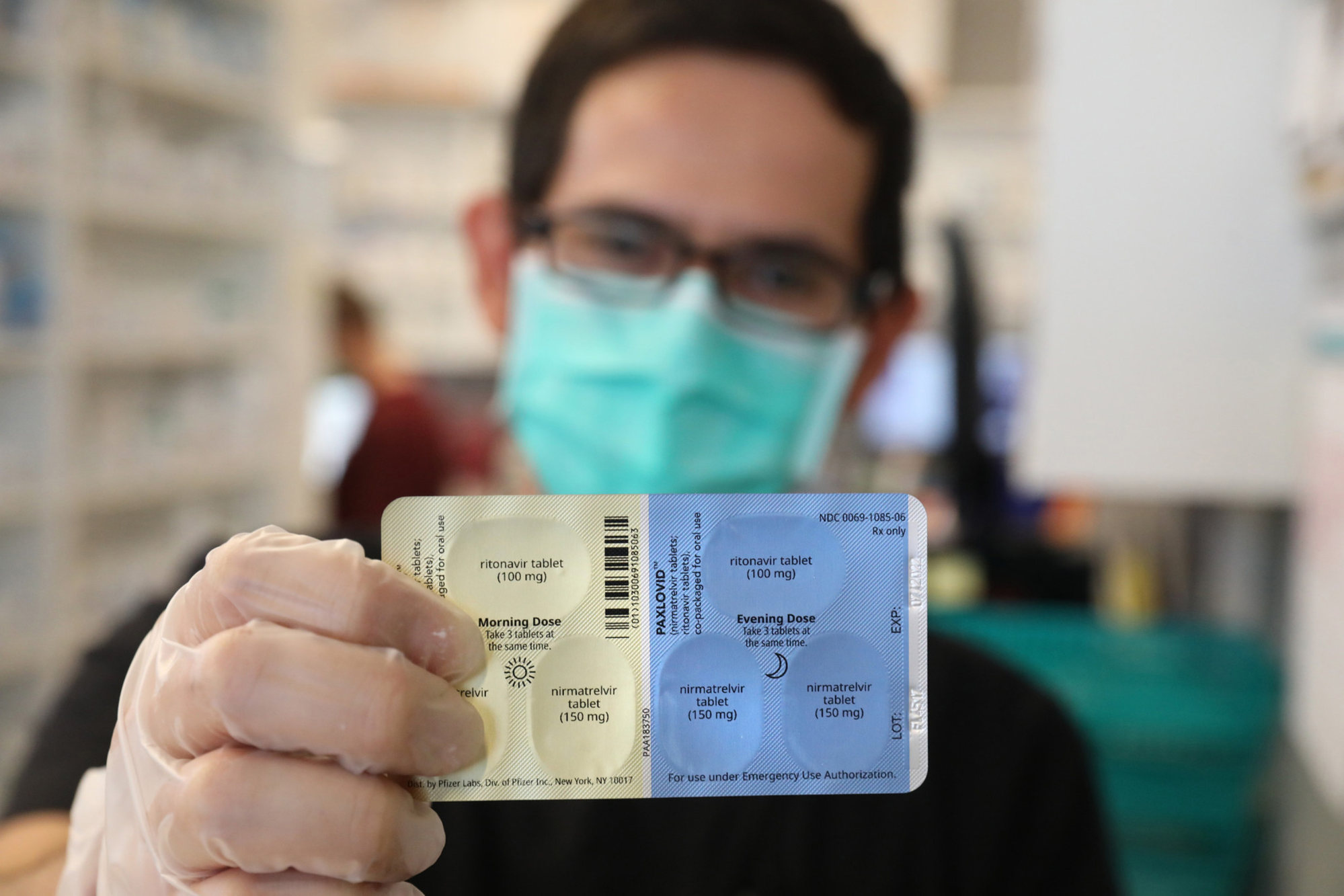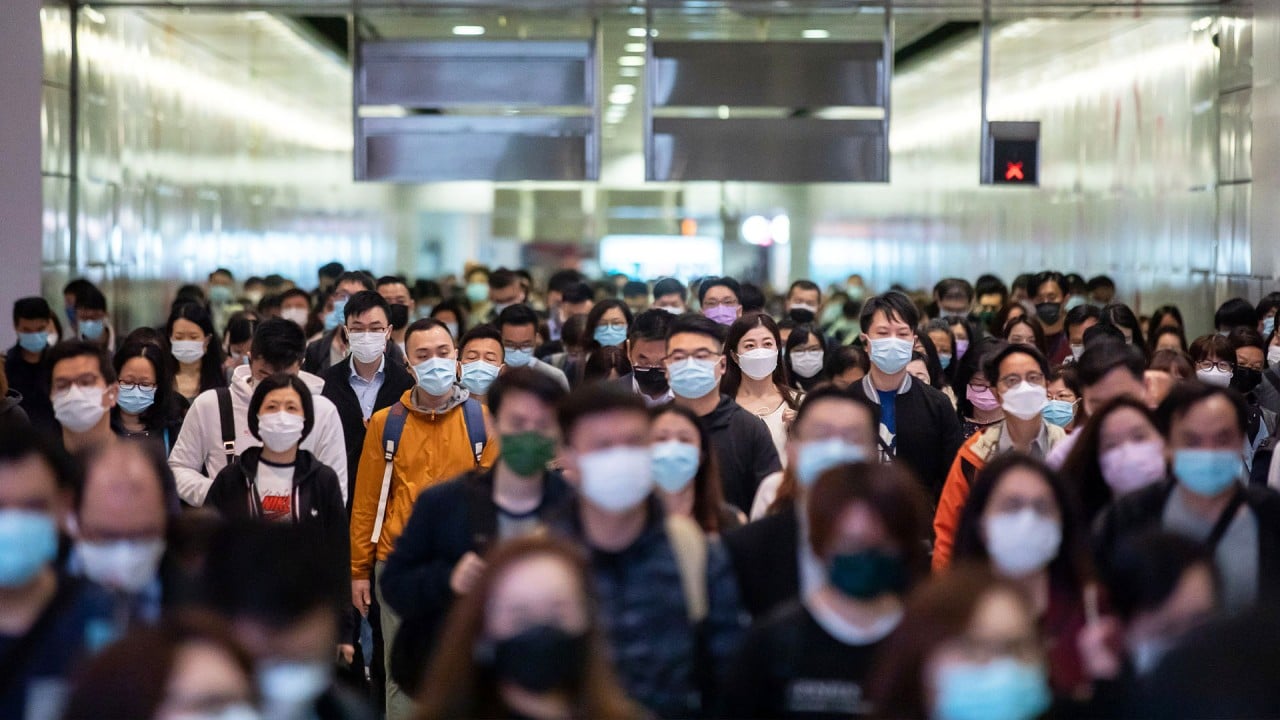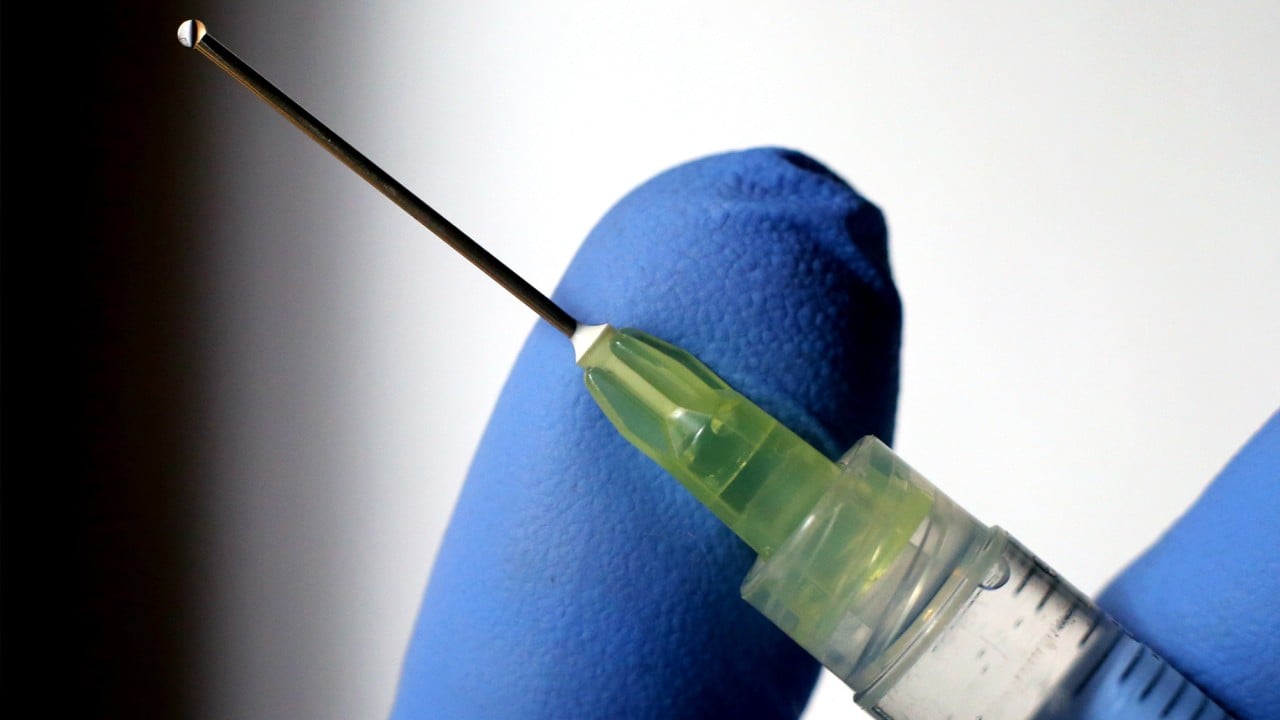
Explainer | Can vaccination or drugs help defeat long Covid?
- WHO evidence suggests 10-20 per cent of people experience a variety of mid and long-term effects after they recover from initial Covid-19 illness
- Despite being designated a so-called milder variant, Omicron still causes long Covid, according to a British study
Post Covid syndrome affects millions. There’s little known about its cause
Here is what scientists know so far about long Covid and also what is being done to help fill the knowledge gap.
How common are lingering Covid-19 symptoms?
A study released in November involving about 4.5 million people treated at US Department of Veterans Affairs hospitals found that 7 per cent of Covid-19 patients still reported symptoms 30 days after the first onset of illness.
The burden is heavier among those admitted to hospital – 21.7 per cent of patients admitted to hospital and 36.5 per cent of patients admitted to intensive care reported these lingering symptoms. The figure dropped to 4.4 per cent for people who were not admitted to hospital when first infected.
A report by the British Office for National Statistics (ONS) last month estimated 2 million people, or about 3 per cent of the population, self-reported having long Covid in the four weeks after their infection, based on a representative sample survey of people living in private households.
Of the 2 million, 1.4 million had Covid-19 at least 12 weeks previously, while 826,000 had it at least a year previously and 376,000 said they had it at least two years previously.
How do variants affect long Covid?
Can children develop long Covid?
A system analysis of 21 studies involving more than 80,000 children and teens by researchers from the Houston Methodist Research Institute concluded that the prevalence of long Covid was 25.24 per cent in that population.
The most common symptoms were mood disruptions (about 16.5 per cent), followed by fatigue and sleep disorder. The study was not peer reviewed.
Long Covid-19 symptoms seen as ‘just part of ageing’, study finds
Does vaccination help reduce long Covid?
An analysis of self-reported data from 1.2 million British smartphone users, released in September in the journal Lancet, found that two doses of a Covid-19 vaccine could halve the risk of having symptoms 28 days or more after infection, suggesting the risk of long Covid was greatly reduced.
However, a team of researchers from the University of Washington who analysed the records of 13 million veterans found Covid-19 vaccines only reduced the risk of getting long Covid by 15 per cent among those who had breakthrough infections after vaccination, compared to the unvaccinated. But they were 56 per cent less likely to have blood clots.
“Knowing that infection seems almost unavoidable in the current environment and knowing that the risk of long Covid in vaccinated people is not small means that many will be left with chronic and potentially disabling disease that has no treatment,” Ziyad Al-Aly, assistant professor with the school of medicine, University of Washington in St Louis, who headed the study, wrote on Twitter.
An analysis of eight studies by the UK Health Security Agency in January found six of those studies concluded vaccinated people would be less likely than unvaccinated patients to develop symptoms of long Covid and two studies found that vaccination did not appear to conclusively cut the chance of developing long Covid.
For people already suffering from long Covid, three of four studies suggested an improvement of symptoms after vaccination, immediately or over weeks, but there were cases in the studies who reported that symptoms got worse after vaccination.
Is early treatment with antiviral drugs helpful?
Antiviral drugs, such as molnupiravir developed by Merck and Paxlovid by Pfizer, could reduce the likelihood of developing severe Covid-19 when given early in an infection.
How do the two Covid-19 oral drugs molnupiravir and Paxlovid work?
Anecdotally, there are reports of such drugs working on long Covid but serious research is needed to validate the claim. Some studies have been ongoing with such goals on the side but it will take time for the results to come back.

What causes long Covid?
It is still not clear why some people develop long Covid while others do not. Scientists have some hypotheses and a combination of these theories might be at play.
One suggests that lingering viral RNA – in the intestines, lymph nodes and elsewhere – stimulates chronic inflammation in tissues. It could be the result of a latent virus that is reactivated after the Covid-19 infection.
Long Covid could also be the result of lasting autoimmune response because high levels of autoantibodies, produced by the immune system that is directed against one or more of the individual’s own proteins, is still attacking the patient’s tissues long after the initial infection.
How is long Covid-19 diagnosed?
Most people with Covid-19 get better a few days or weeks after infection, so a post-Covid condition is identified when symptoms persist at least four weeks after the acute phase of infection, according to the Centres for Disease Control and Prevention in the US.
The World Health Organization defined the post Covid-19 condition as illness usually occurring within three months from the onset of Covid-19 and lasting at least two months.
There is no “gold standard” test for long Covid and doctors must rely on the patients’ own descriptions while ruling out other possible causes.



